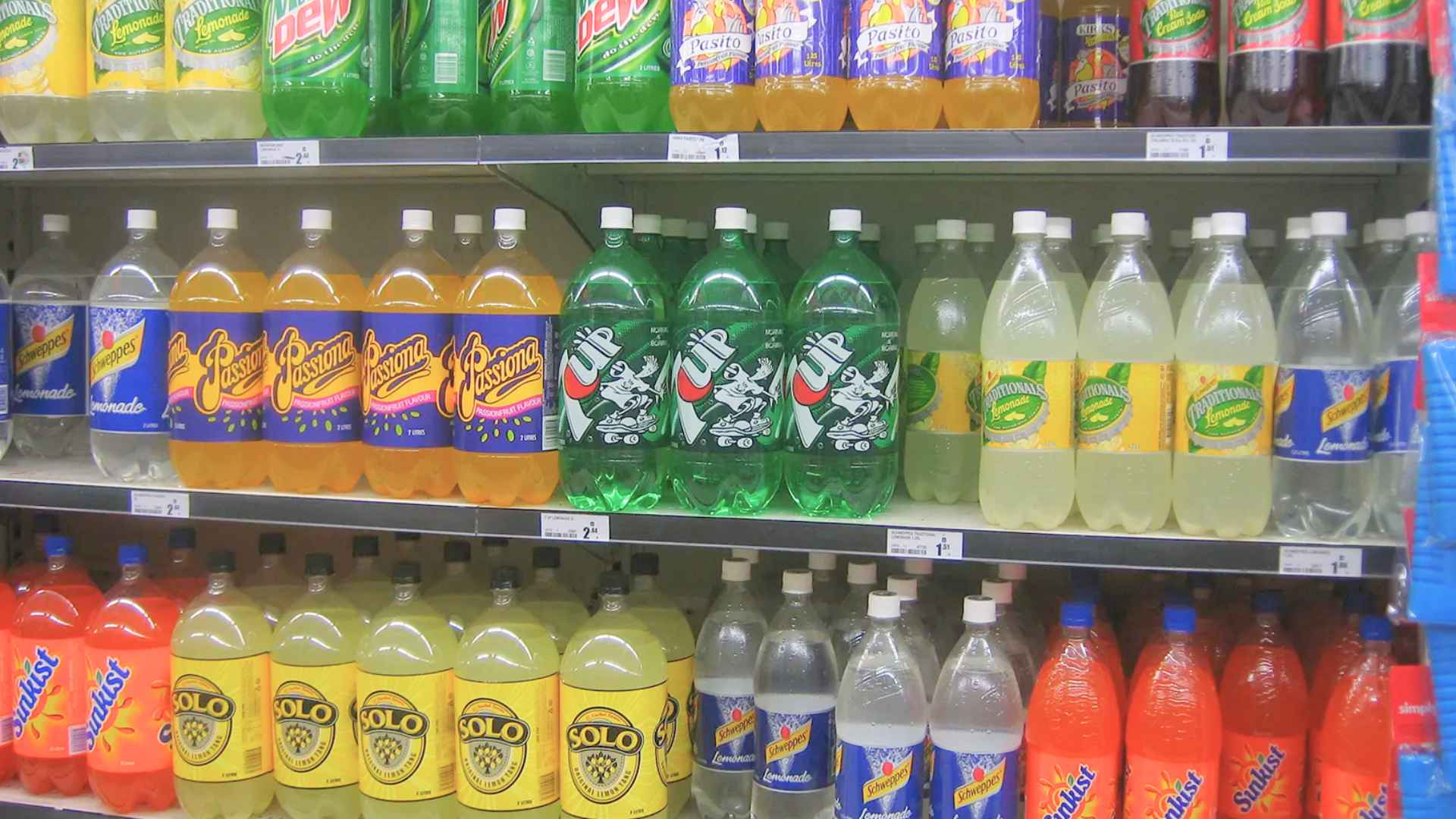Nebraska becomes the first state to ban soda purchases with SNAP benefitsHistoric ruling aims to reshape how low-income families make nutritional choices.
Nebraska has officially become the first state in the country to receive federal approval to prohibit the purchase of sodas and energy drinks with Supplemental Nutrition Assistance Program (SNAP) benefits. Set to take effect on January 1, 2026, this measure is expected to affect around 152,000 recipients statewide and has drawn national attention for its potential impact on public health.
The decision was announced by US Secretary of Agriculture Brooke Rollins, who described it as “a historic step to Make America Healthy Again.” Nebraska Governor Jim Pillen echoed her sentiments, arguing that taxpayer money should not subsidize sugary drinks that offer little nutritional value. Yet, some wonder if this policy might unintentionally harm those already grappling with food insecurity.
Nebraska’s unprecedented decision to ban sugary drinks from SNAP garners national attention
Many see this change as a major turning point in how federal food assistance programs are administered. SNAP, formerly known as food stamps, serves more than 42 million Americans. By focusing on healthier choices, state officials hope to encourage long-term well-being among recipients. However, critics question whether restricting purchases is the best way to achieve that goal. Would increasing benefits or introducing nutrition education yield better results?
Organizations like the Food Research & Action Center believe that incentive-based programs might be more effective than outright bans. In Nebraska, local advocates point out that the average SNAP benefit in the state is less than $2 per meal, making it tough to afford fresh fruits or vegetables. Some worry that this policy could stigmatize SNAP participants without offering real solutions.
Other states consider their own bans as debate continues over health measures
At least six other states—Arkansas, Colorado, Kansas, Indiana, Iowa, and West Virginia—are exploring similar restrictions. Their proposals go beyond sodas and energy drinks to include flavored popcorn or low-fruit juices. Some even suggest expanding SNAP benefits to cover certain hot meals, like rotisserie chicken, as a way to improve nutritional options. Below is a brief table illustrating a few items that might be restricted in these states:
| State | Potential Banned Items | Proposed Start Date |
|---|---|---|
| Arkansas | Flavored popcorn, sugary juices | Pending Approval |
| Colorado | High-sugar snacks and beverages | Under Discussion |
| Kansas | Low-fruit juices, candy products | Under Review |
| Iowa | Select sweetened beverages | Awaiting Decision |
| Indiana | Sugary cereals and certain junk foods | To Be Determined |
| West Virginia | Soft drinks and sugary treats | Under Consideration |
Opponents of these measures also point to practical concerns. Small retailers in rural areas may struggle with additional logistics, while administrative costs could increase for the government. Meanwhile, congressional Republicans are currently weighing a $230 billion cut to the SNAP program, adding another layer of uncertainty for beneficiaries.
For supporters, Nebraska’s initiative represents a vital step toward fostering healthier diets among low-income households. Others fear it may place unnecessary burdens on vulnerable communities. Ultimately, policymakers will watch closely to see whether these bans meaningfully improve nutritional habits—or simply limit personal choice.

